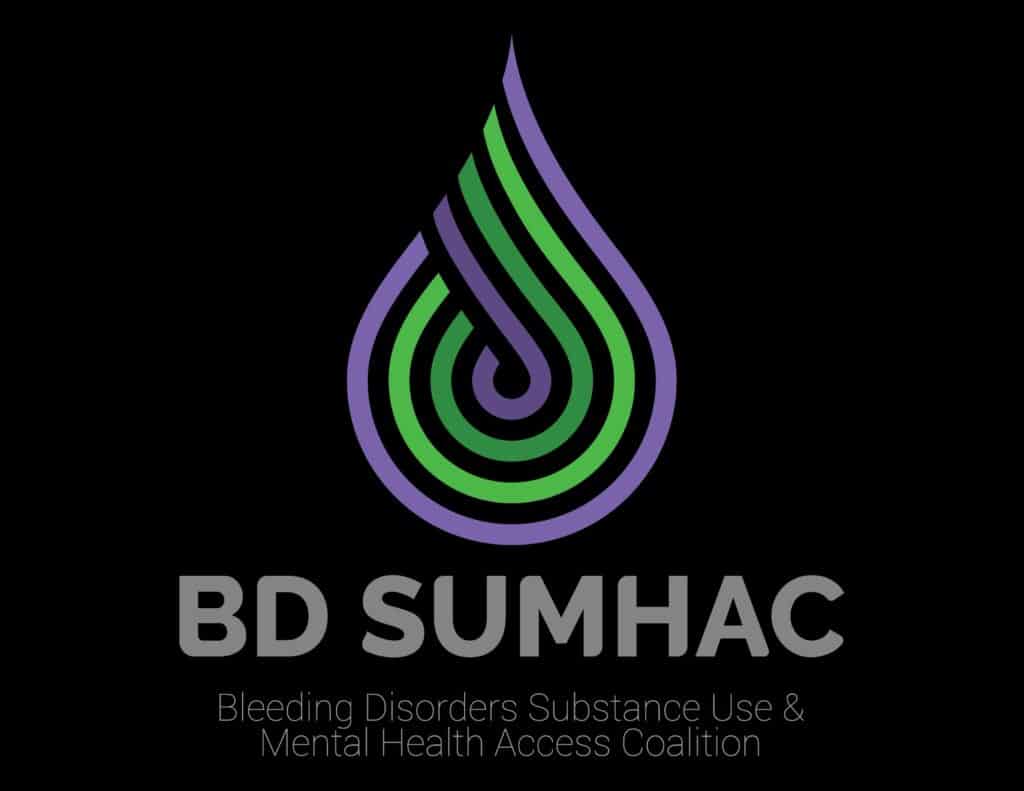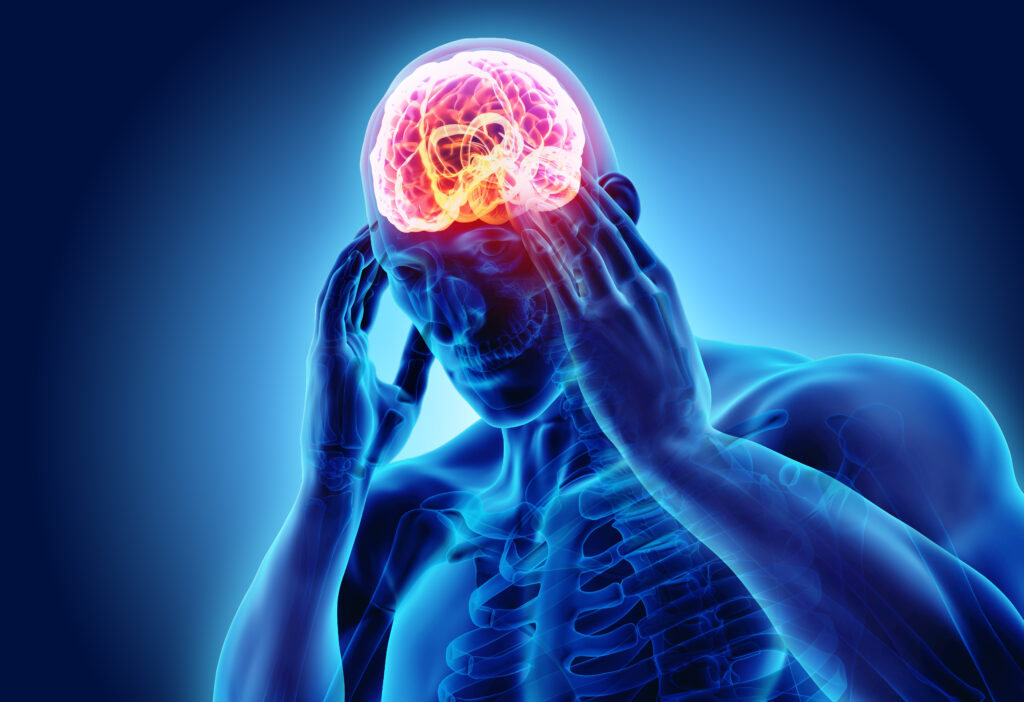Laurie Kelley
May 21, 2023
March is Mental Health Awareness Month. Here’s an article first published in PEN in 2020 that can help when you face stress.
by Debbie de la Riva
The collective pursuit to control the spread of coronavirus has resulted in an enormous challenge for the bleeding disorder community. The economic fallout of sheltering in place has affected our need for a steady income, health insurance, access to medical treatment, and—equally important—our access to each other. The degree of impact on our families is hard to determine, but it’s safe to say this pandemic has been very stressful.
But stress in not a new concept for the bleeding disorder community. In fact, our community has been dealing for years with the emotional angst of fighting for what is needed to manage our medical conditions. Remember our fight for safer products, or our fight for laws to protect us from job discrimination? Today’s battle, for our community, is to deal with the stress resulting from the pandemic. So let’s follow the same steps we have taken so many times before: get informed, find our resources, and stick together.
Get Informed
To learn to manage stress, we need to become familiar with how our central nervous system works. Our brain comes pre-wired with an intricate system that functions to keep the rest of our body alive. This is the limbic system, which provides the “fight-or-flight” response. If the brain determines that the body is in danger, it initiates a chemical chain reaction that gets the body ready to either fight the challenge or run from it. This response begins when sensory information is picked up by a part of the brain called the amygdala. If the amygdala determines there is a threat, it signals other parts of the brain and body to release hormones such as adrenaline and cortisol. These hormones instruct the heart and lungs to increase their output in order to create the energy needed to meet the challenge. This fight-or-flight response is extremely effective when a person needs physical energy to avoid a danger such as jumping out of the way of a car. But most of today’s challenges are emotional, and they don’t require the extra energy provided by the stress response. The result is a steady supply of stress hormones circulating in the body at all times. The image that comes to mind is a person standing next to an IV pole and steadily receiving drips of adrenaline and cortisol. In others words, our body remains in a constant state of high alert.
The good news: We do have the ability to slow down the stress response. Since we now know that the brain is constantly scanning our body and our environment to determine if it should go into stress or relaxed mode, we can intentionally offer cues to indicate that we’re not in danger. In fact, this is how meditation works. The first goal of meditation is to slow down your breathing rate. This is important, because once your brain receives the signal that your breathing rate is lowered, it will interpret this to mean that you’re not in danger, and will turn off the stress response. The second goal of meditation involves your focus. You want to be focusing on the present—instead of musing about the past or anticipating the future—and you want to intentionally focus on words or images that evoke feelings of peace or happiness.
You can bring up images of when you felt safe and happy, or you can think of words that reassure you. This tool is like anything else in life: it requires practice and commitment. But eventually, you’ll find that you can truly create a sense of well-being, no matter what’s going on in your life. Sound too good to be true? Do you need proof? Ask yourself how you feel when you’re watching a scary movie, and compare that to how you feel when you’re watching a romantic comedy. In other words, what we focus on creates how we feel inside. That same principle is at work when we intentionally think about what we are grateful for, as opposed to what we lack or what we don’t like about our lives.
Find Resources
National Hemophilia Foundation (NHF) and Hemophilia Federation of America (HFA) have created content to help people in the bleeding disorder community deal with both physical and emotional impacts of the pandemic and stress. Visit:
National Hemophilia Foundation hemophilia.org
Hemophilia Federation of America hemophiliafed.org
You can also purchase proven self-help workbooks on stress reduction at New Harbinger Publications: newharbinger.com
And yes, there is an app for learning to relax! Appropriately called the Calm app, it has hundreds of meditations and master classes on stress management: calm.com
You can find these resources and many others by visiting the Mental Health Matters Too website: mentalhealthmatterstoo.com
Seek Out Others
It didn’t take long for our community to figure out how to be connected virtually. Though it isn’t the same as being in a room together, it is nice to see familiar faces and get a chance to let someone know you are there for them.
Take a moment to check in with yourself, because it’s very easy to feel lonely in isolation. If you find that you’re exceptionally lonely, depressed, or anxious, it always helps to talk to someone trained to help you feel understood and supported. Online platforms like Talk Space and Better Help are reporting an exponential increase in the number of requests for counseling sessions right now.
Look for Purpose
One of the best ways to combat the feeling of helplessness that comes with a crisis is to look for a way you can help others. This sense of purpose gives people some control, and helps them feel productive and useful. For me, contributing to Save One Life is one way I fulfill my need to have purpose in my own life. Each month, I have a small sense of satisfaction knowing that there are three young people with hemophilia who feel that someone else on this planet sees them and cares about them.
So, whether it’s meditating, talking with someone, or just being there for another human, there are ways to combat stress. We will get through this pandemic as a community, the way we always have. We will get informed, find resources, and seek out each other.
Debbie de la Riva, LPC, has been an active member of the bleeding disorder community since the birth of her son with severe hemophilia 25 years ago. She served as executive director of the Lone Star Chapter of NHF, was a co-chair of an NHF Annual Meeting, received a Ryan White Award for Advocacy Excellence, and has presented on mental health issues to chapter and national organizations. In 2018, Debbie founded Mental Health Matters Too as a way of combining her degree as a licensed professional counselor with her passion for helping community members who struggle with mental health challenges. To contact Debbie: www.mentalhealthmatterstoo.com or debbie@mhmtoo.com
Originally published in the Parent Empowerment Newsletter (PEN) August 2020
©LA Kelley Communications, Inc. www.kelleycom.com Reprinted with permission.




